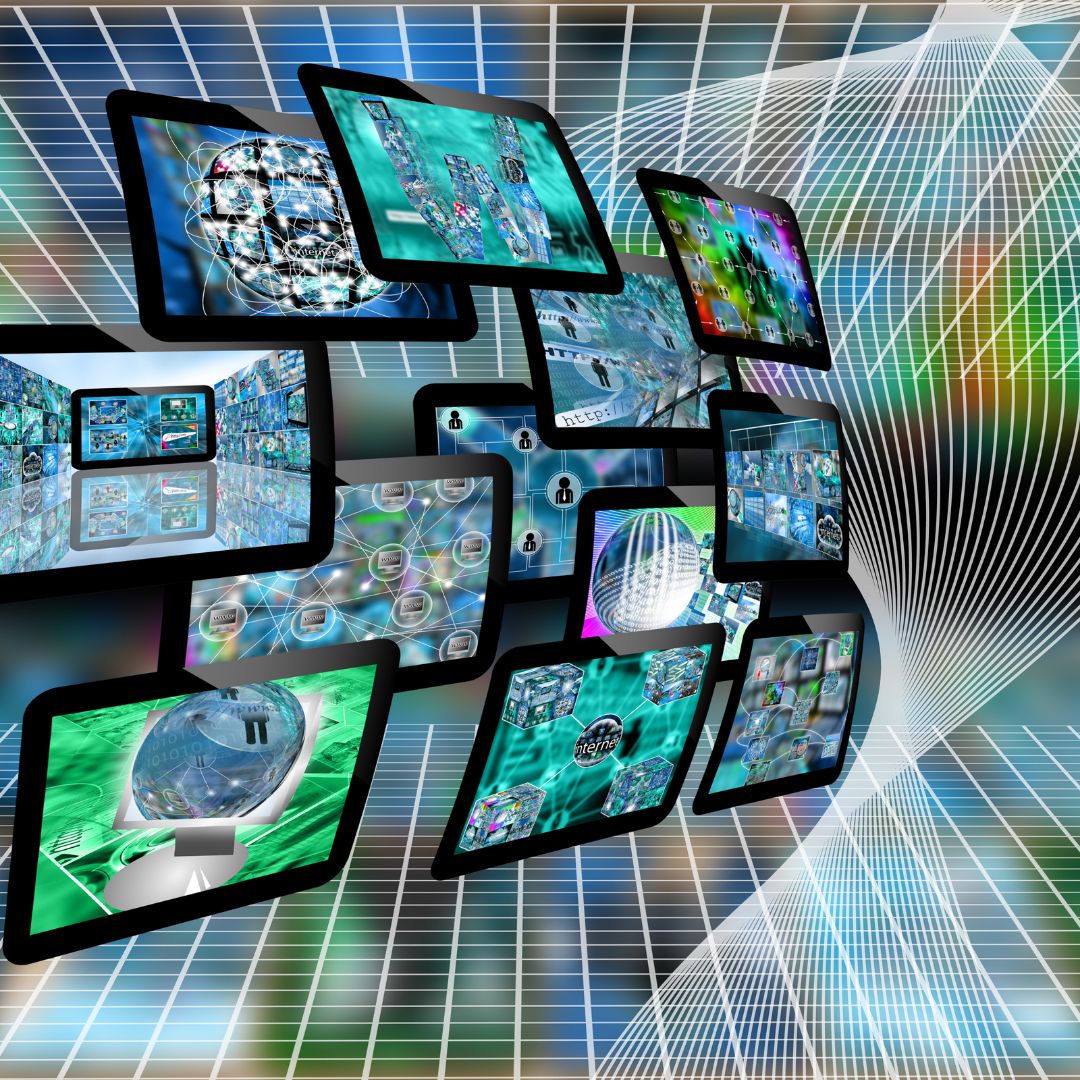As the world becomes more and more crowded, we all need to find ways to stay organized. I think we’ve all been in situations where we have had to set up meetings in places where there are not enough chairs or tables to seat everyone, or where there is not enough space for everyone to move around, or where the meeting room is noisy and distracting. This could be the reason why many people tend to shift their meetings online. Such provisions could be convenient as individuals can be at their home and attend such meetings comfortably seating on the office furniture, they might have got for their home office. That said, in order to make sure that you can always be in a well-ordered, distraction-free world, it’s important to have all of your important things organized.
What Are Virtual Spaces
Virtual spaces work because we can be someone else if we want to. It’s a harmless and totally free way of escaping your troubles for a while, and the simplest thing to do is to pretend. Virtual Reality (VR) has been in the news a lot lately. Virtual Worlds, in particular, are the next big thing in consumer computing, and several companies are racing to produce their own VR worlds. The goal of this project is to help answer the question of what makes a VR experience compelling and enjoyable.
If you’ve ever used a Virtual Reality headset, you’ll know how immersive and immersive it can be, but what is it that makes these headsets so immersive? What is it about Virtual Reality that makes us feel like we’re in another place, experiencing something that isn’t really there? There are many reasons, but one of the most important is that Virtual Reality simulates our surroundings so well that we forget we’re not really there in real life.
Virtual Spaces are (virtual) spaces that allow you to interact with multimedia and other digital content. They can be used to create or enhance a user’s digital experience. They are designed with the user in mind, allowing for both independence and interactivity.
Virtual coworking spaces have been around for a while now – but if you’ve never tried one, you may be wondering what they’re all about. Here are a few things you might want to know:
- They’re easily accessible
- They’re flexible
- They’re less expensive than you might expect
- They’re a good way to get out of the house
- They’re an excellent way to meet people
- They’re a great way to be productive in other parts of your life
- They’re a great way to do some things you currently spend time doing at work
- They’re a great way to reduce your commute
The Internet is a big place. Over the last few years, our “digital lives” have increasingly been stored and shared online. Now, we have hundreds of services providing us with information and entertainment on demand. From our bank accounts to our email inboxes, everything is online. And just like your desktop computer, smartphone, or tablet, the Internet does not stop working when it loses power. So, what happens when your network goes down?
Virtual reality is in the news for all the wrong reasons, like being one of the catalysts of the Star Wars: Battlefront II controversy or for being used in adult entertainment. But there are important applications that could help make virtual reality a force for good. Technology has the potential to change the way we use and interact with technology. We will explore the possibilities of virtual reality and how we can use it for better purposes.
Many of us have experienced and been a part of some form of a virtual world before. Whether is it working in a virtual office or playing a video game, we have all felt the effects of a virtual experience. Virtual worlds have continued to improve, and have been evolving for years.
Virtual Reality is an emerging technology that is being used by a wide range of industries, from gaming to education. Its use is so popular that many people have become fascinated with how virtual space affects us in and out of the virtual world. The recent surge in popularity of virtual reality (VR) technology has been fueled by the surprising number of benefits that have been described and tested in research. From improved symptoms of anxiety and depression to improved performance in the workplace, VR has been shown to offer profound psychological and physical impacts.
Still, as with any new technology, there is a lot of uncertainty and ambiguity surrounding the impact that virtual reality is having on our lives, as well as on where the industry is headed. In this blog post, we will review the evidence currently available regarding the benefits that VR technology can deliver before getting into some of the more promising and controversial areas of VR research.

